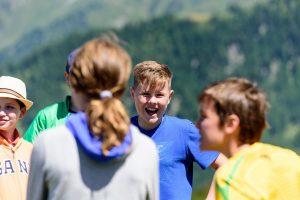
We wanted to share some of the photos and messages from this year’s participants:
“Thanks for an amazing 3 weeks in the best chalet ever! Hat” “Dear Mikey, a huge thank you for these beautiful 3 weeks! Always smiling, supportive and helpful for us! Best counsellor! Love, Cici” “Thank you for this wonderful camp! Maybe see you next year. Felix” “I love being here, it’s the best time of the year. Thanks for everything (even killing the spider in the bathroom). Guilue” “Thank you Andras for your patience!” “Thanks a lot of these 3 weeks, it was great! Keep doing such a good job Flore”
“Thank you for your love, care and laughter. Wonderful heart warming and spiffing are just some words to describe you! You have a place in my heart! Amir”
Thank you to everyone who participated in the Verbier Festival Junior Orchestra with Altitude this year. We all had an amazing time, and all of our staff send their best wishes to all of you! We wish you a successful year, and hope to see lots of you back next Summer!
Flore”
“Thank you for your love, care and laughter. Wonderful heart warming and spiffing are just some words to describe you! You have a place in my heart! Amir”
Thank you to everyone who participated in the Verbier Festival Junior Orchestra with Altitude this year. We all had an amazing time, and all of our staff send their best wishes to all of you! We wish you a successful year, and hope to see lots of you back next Summer!



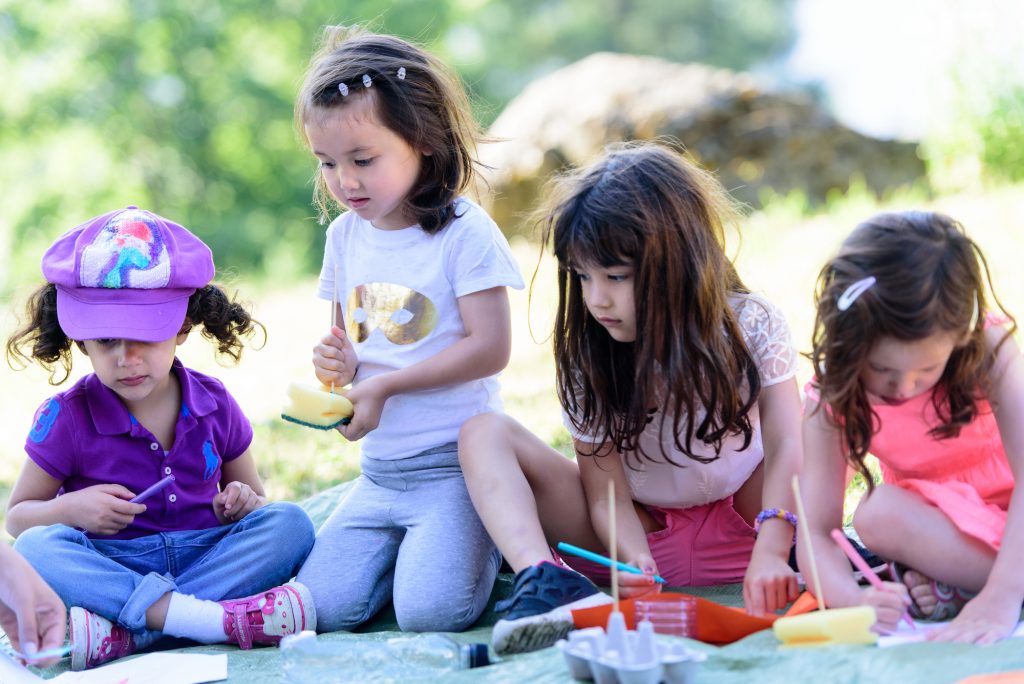
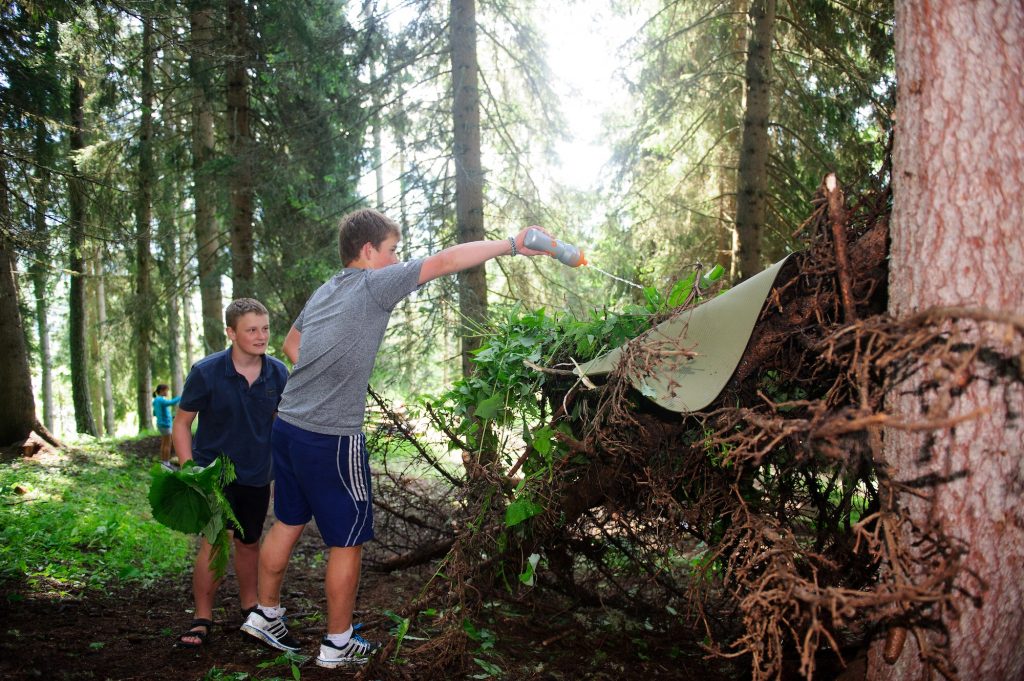
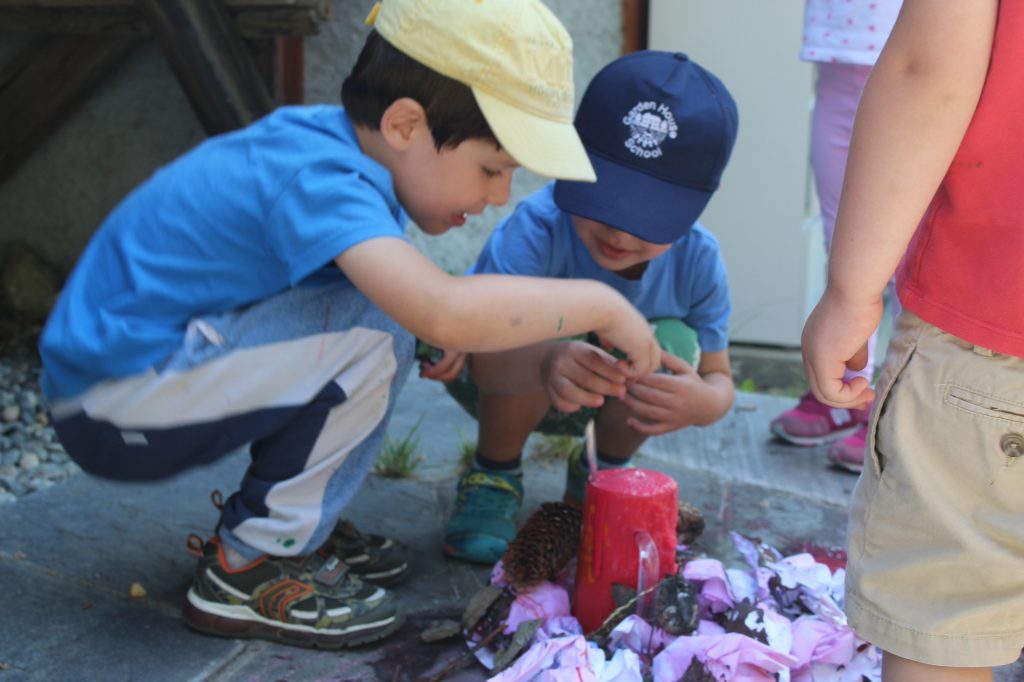
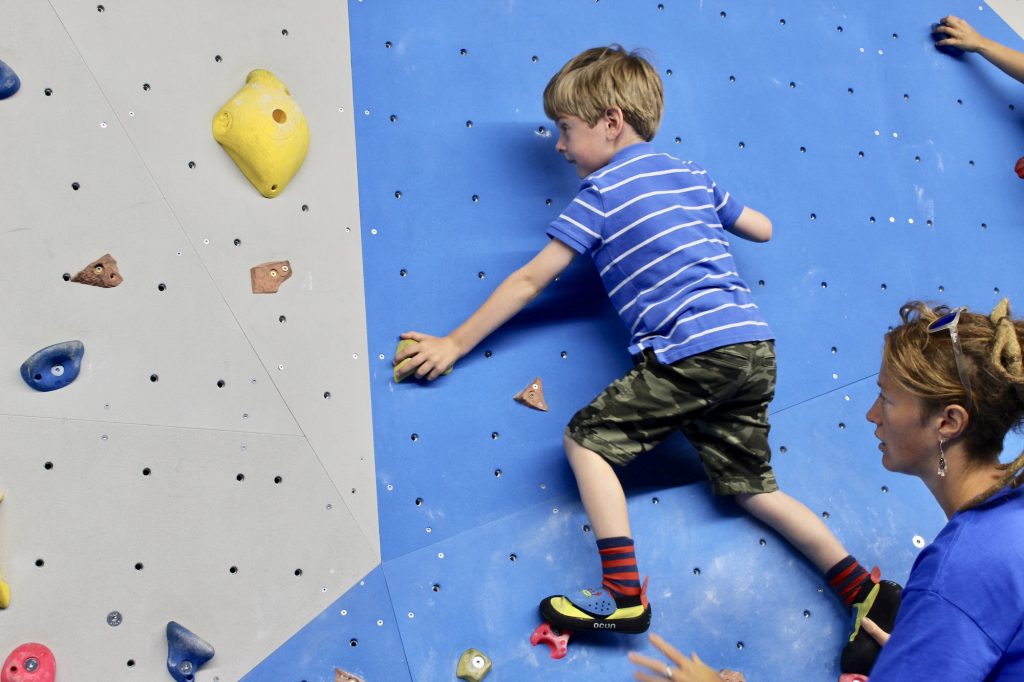
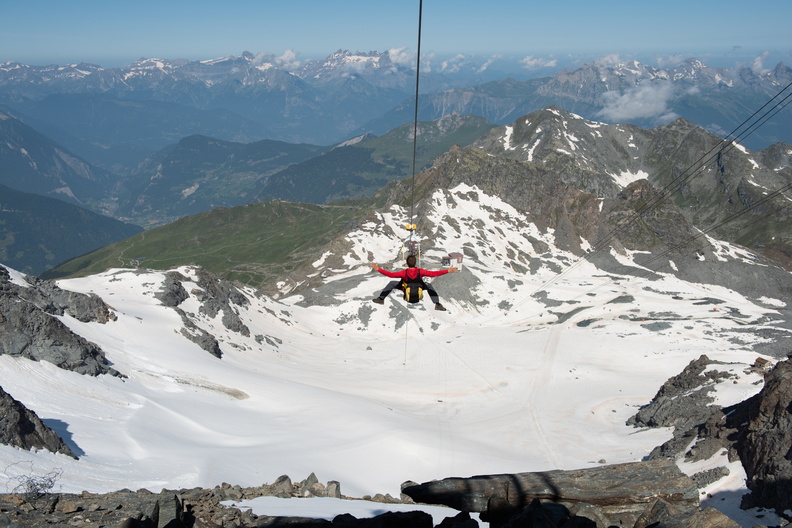
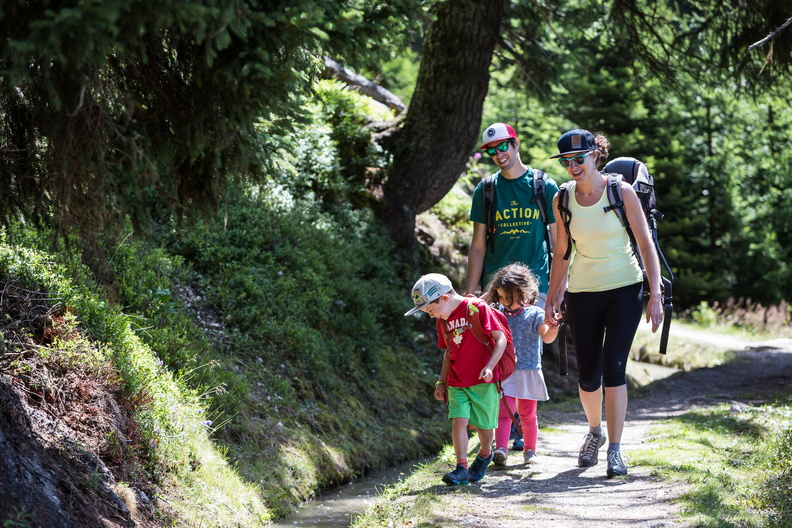
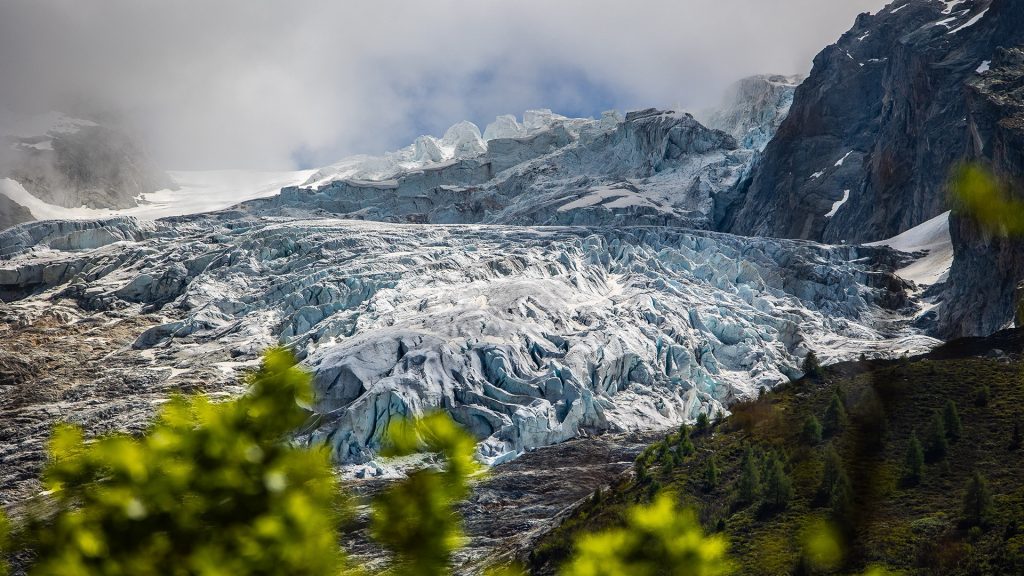
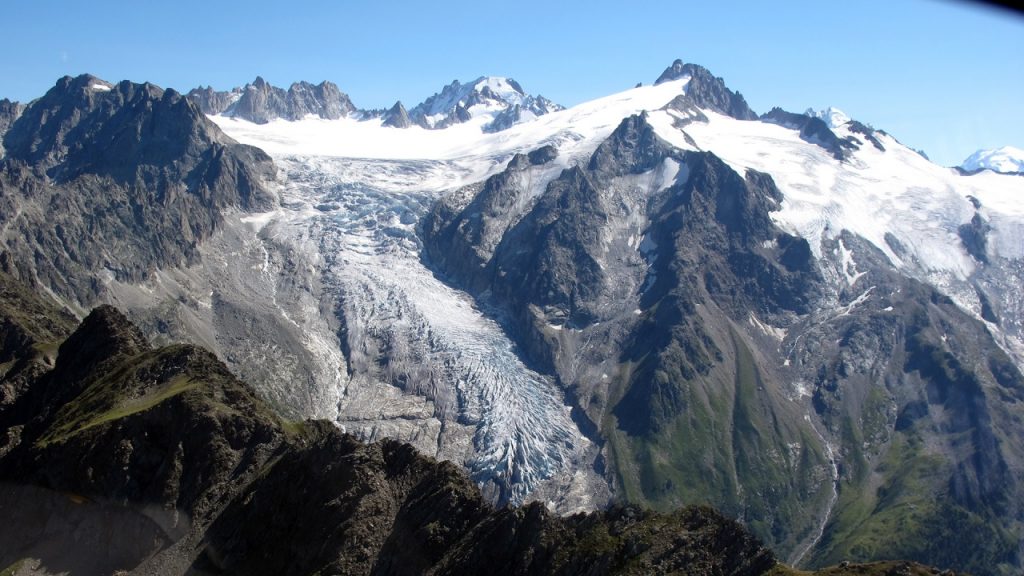
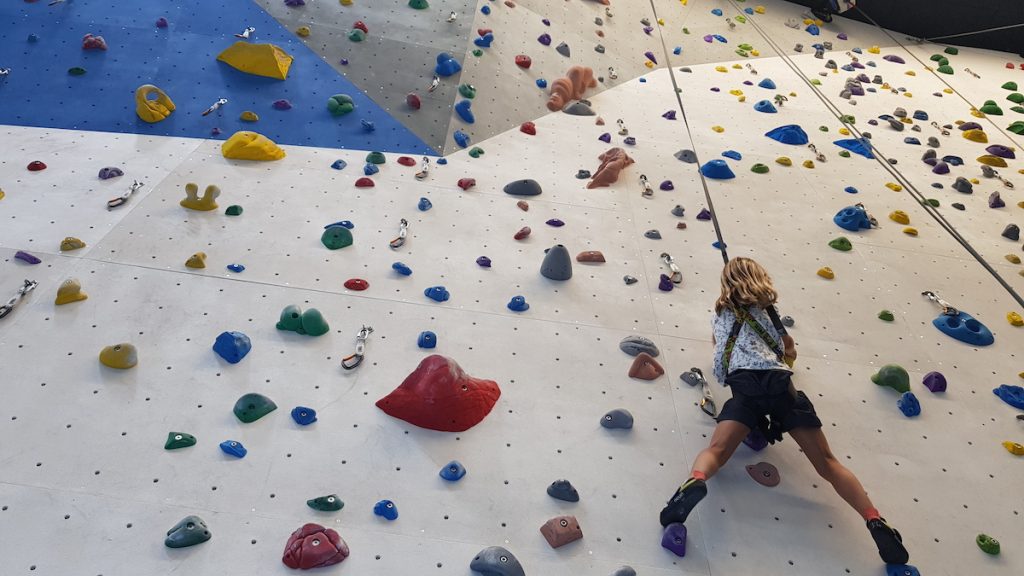
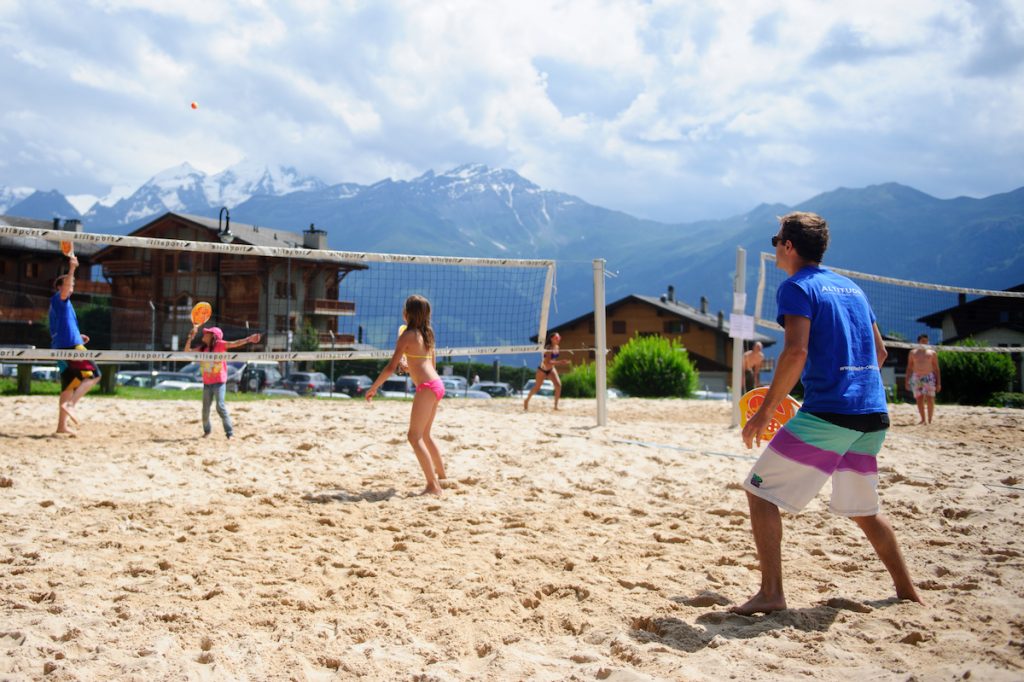
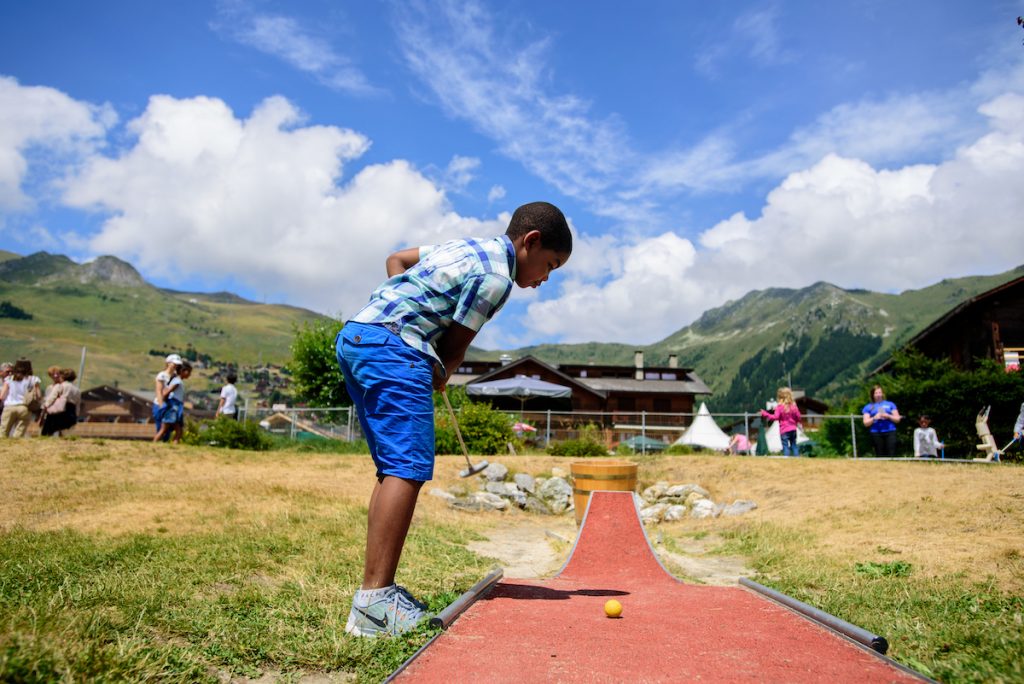
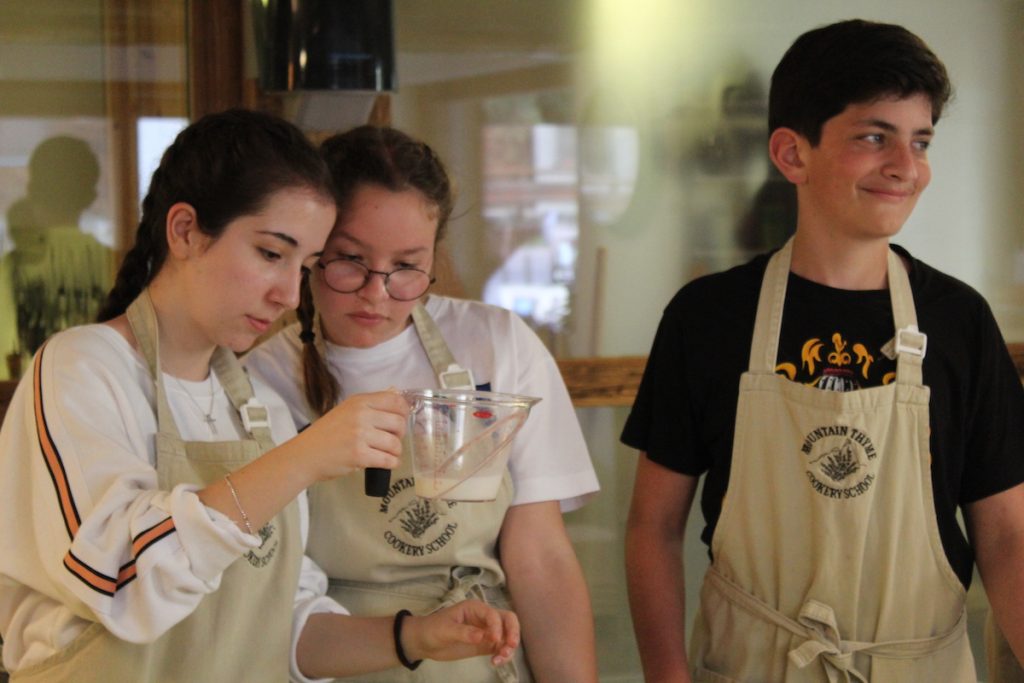
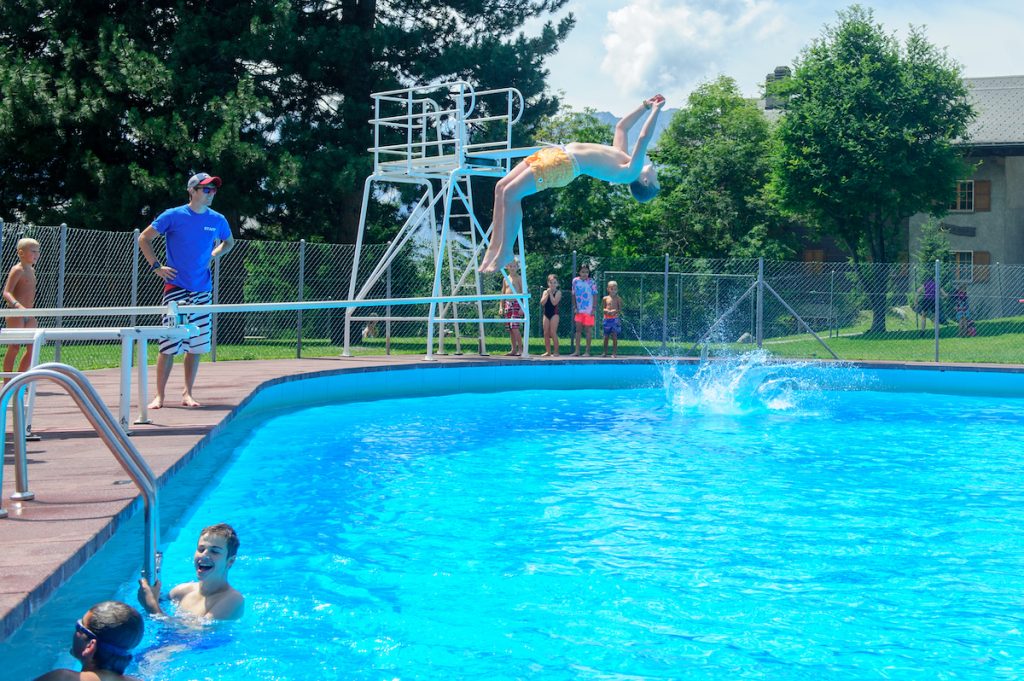
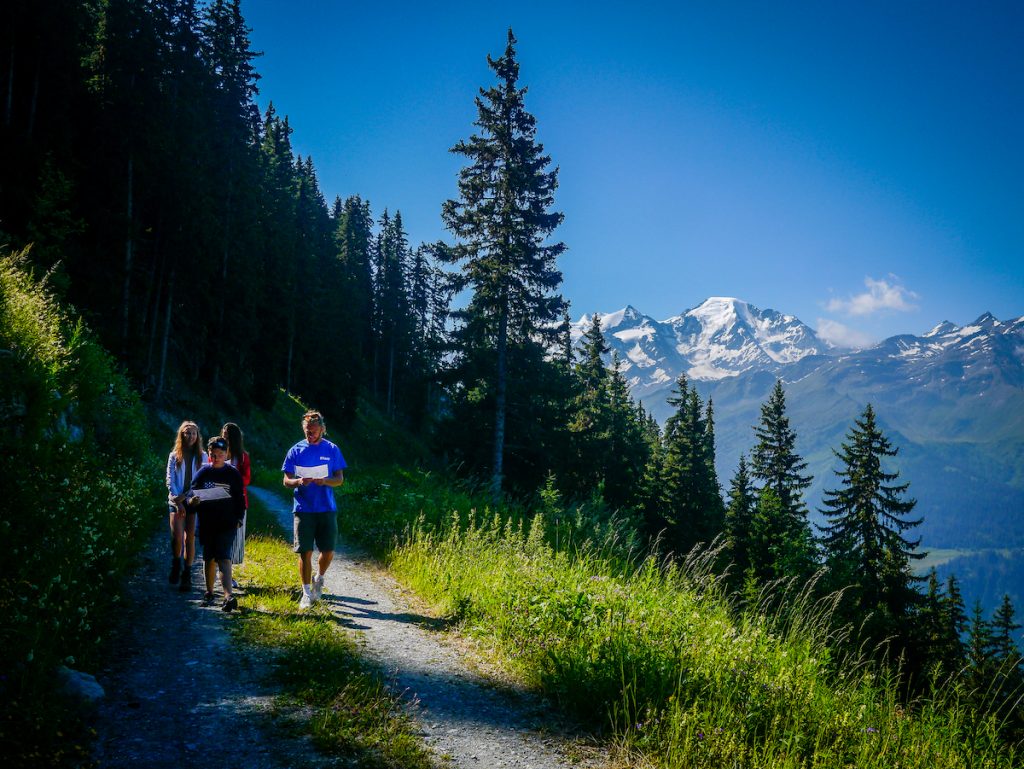 3. Intimate Group Settings for Enhanced Learning
Our commitment to quality extends to our small group sizes. Whether it’s language classes, mountain adventures, or afternoon programs, we maintain small, intimate group sizes. With a high staff-to-camper ratio of 1:8 across activities and 1:4 for our youngest campers in the Marmot camp, each camper receives the attention and guidance they need to thrive.
3. Intimate Group Settings for Enhanced Learning
Our commitment to quality extends to our small group sizes. Whether it’s language classes, mountain adventures, or afternoon programs, we maintain small, intimate group sizes. With a high staff-to-camper ratio of 1:8 across activities and 1:4 for our youngest campers in the Marmot camp, each camper receives the attention and guidance they need to thrive.
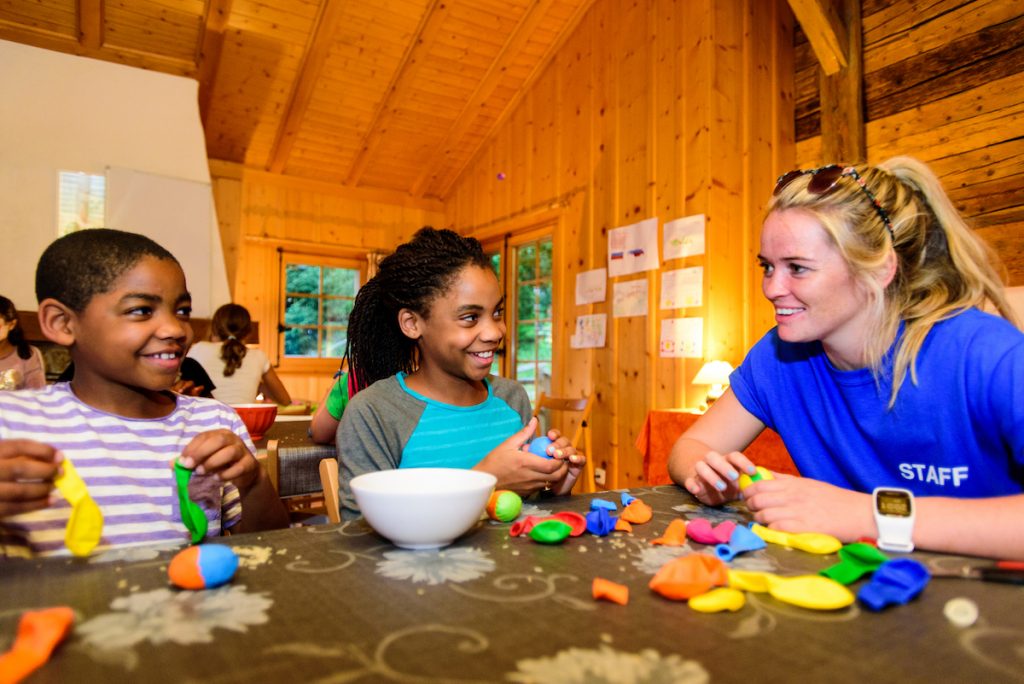 4. Trained and Dedicated Staff Members
4. Trained and Dedicated Staff Members
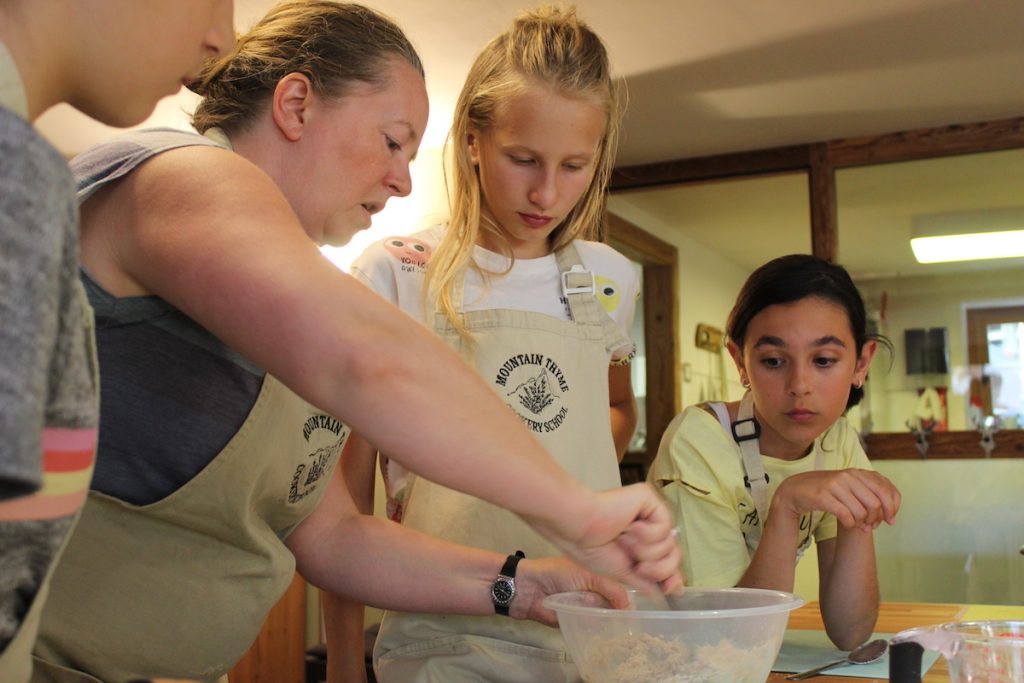 7. A Commitment to Unforgettable Summers
Altitude Summer Camps isn’t just a place; it’s an experience that campers carry with them long after the summer ends. We’re dedicated to creating memories that last a lifetime, providing a platform for campers to learn, grow, and forge friendships that transcend borders and boundaries.
At Altitude Summer Camps, we’re more than a camp – we’re a gateway to endless possibilities, a community of learning, and a home away from home. Join us and discover the Altitude difference this summer!
Summer is a season of sunshine, adventure, and personal growth, and at Altitude Summer Camps, we believe in making every moment count. The benefits of our summer camp in
7. A Commitment to Unforgettable Summers
Altitude Summer Camps isn’t just a place; it’s an experience that campers carry with them long after the summer ends. We’re dedicated to creating memories that last a lifetime, providing a platform for campers to learn, grow, and forge friendships that transcend borders and boundaries.
At Altitude Summer Camps, we’re more than a camp – we’re a gateway to endless possibilities, a community of learning, and a home away from home. Join us and discover the Altitude difference this summer!
Summer is a season of sunshine, adventure, and personal growth, and at Altitude Summer Camps, we believe in making every moment count. The benefits of our summer camp in 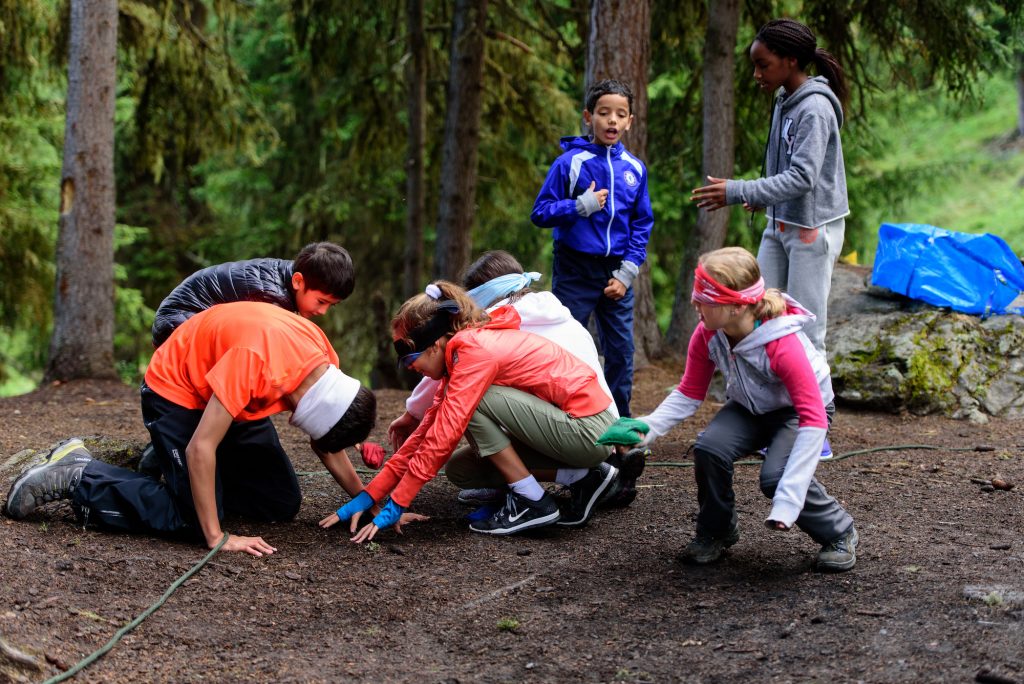
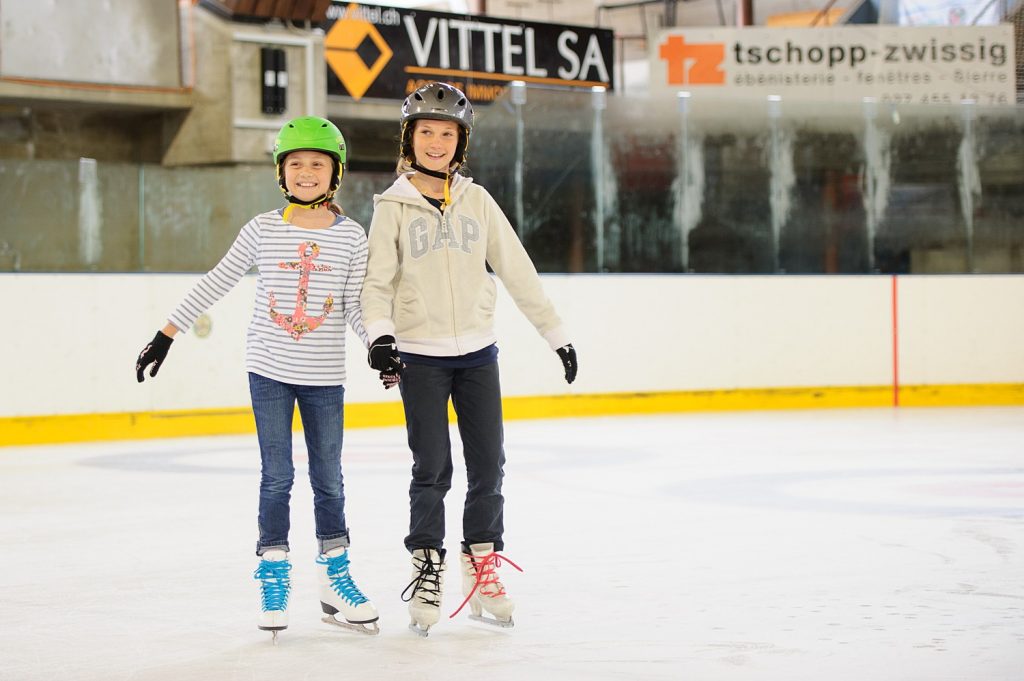
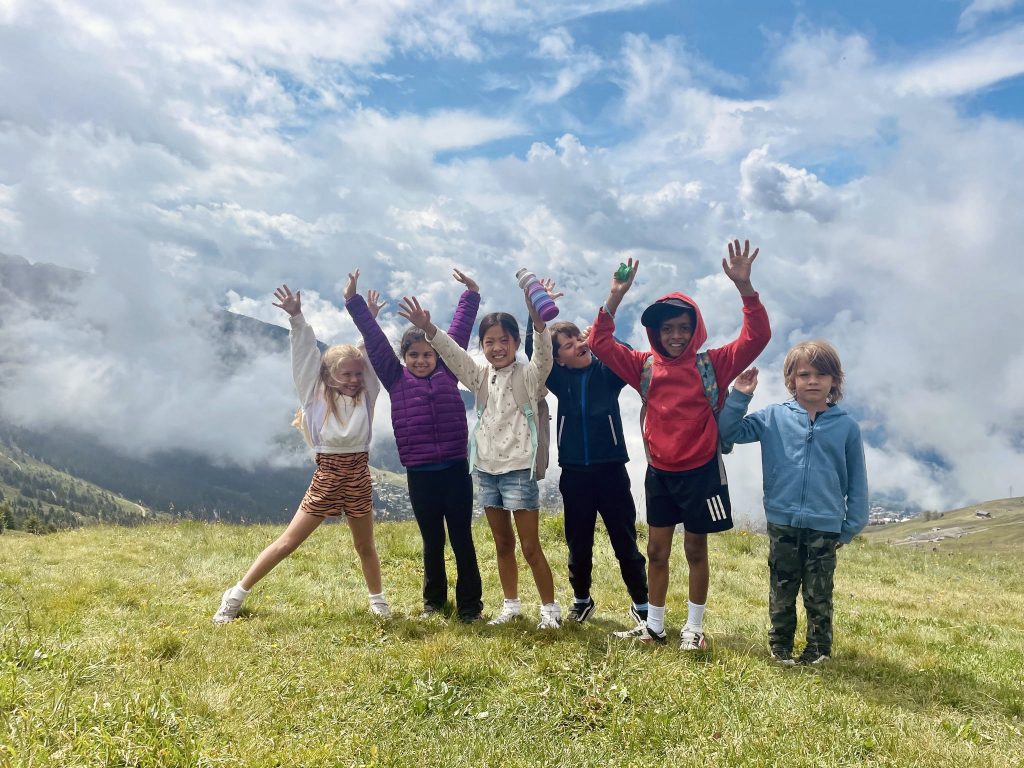
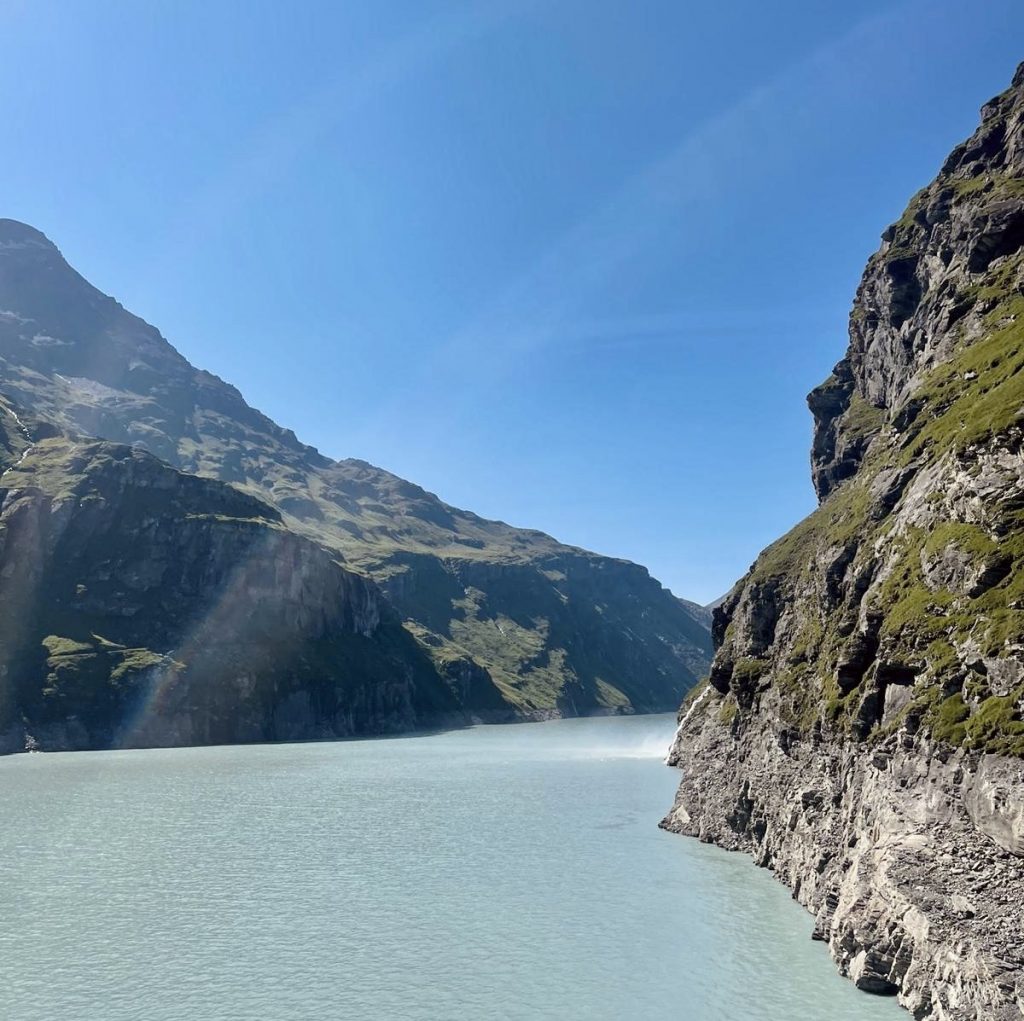
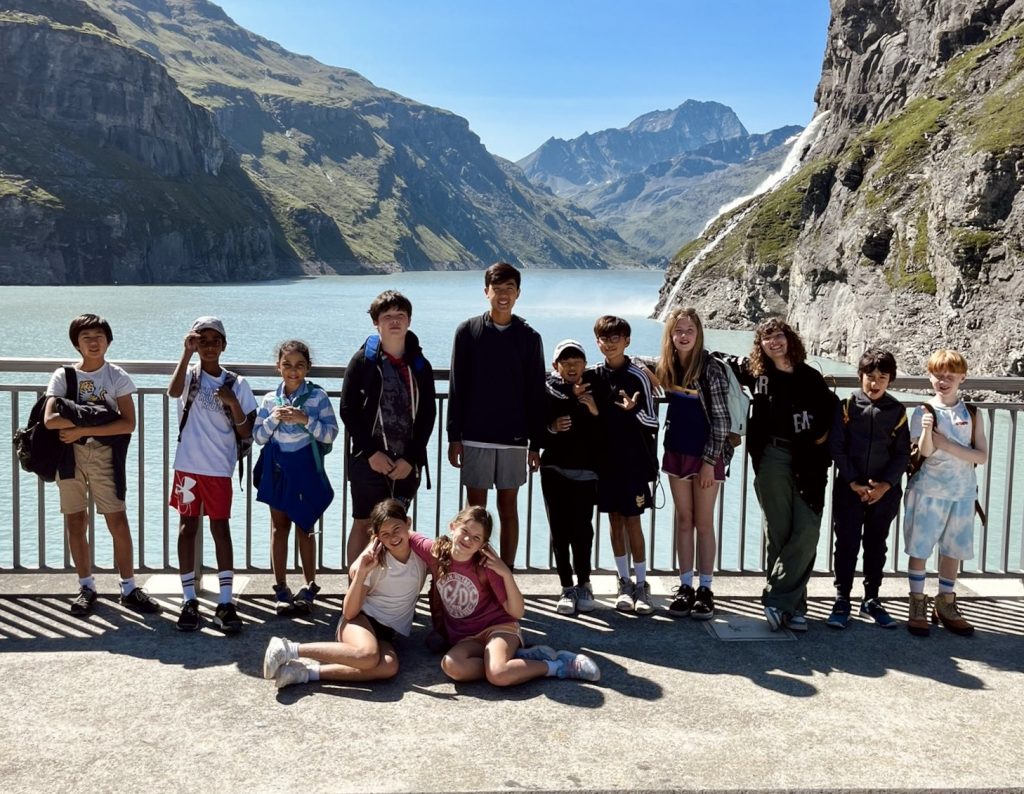 The unique blend of Mauvoisin Dam’s adventure, scenic beauty, and educational opportunities makes it an ideal destination for an Altitude Summer Camps excursion. Whether you’re an outdoor enthusiast, an adventure seeker, or simply looking to immerse yourself in Switzerland’s breathtaking landscapes, Mauvoisin Dam has something to offer everyone. Happy exploring!
If you’d like to check out the range of excursions and activities we offer on our Summer Camps head to our
The unique blend of Mauvoisin Dam’s adventure, scenic beauty, and educational opportunities makes it an ideal destination for an Altitude Summer Camps excursion. Whether you’re an outdoor enthusiast, an adventure seeker, or simply looking to immerse yourself in Switzerland’s breathtaking landscapes, Mauvoisin Dam has something to offer everyone. Happy exploring!
If you’d like to check out the range of excursions and activities we offer on our Summer Camps head to our 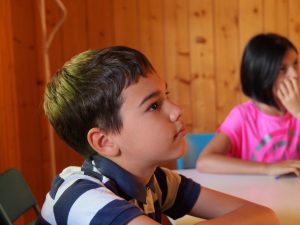 The following is an excerpt from their guide:
The following is an excerpt from their guide:
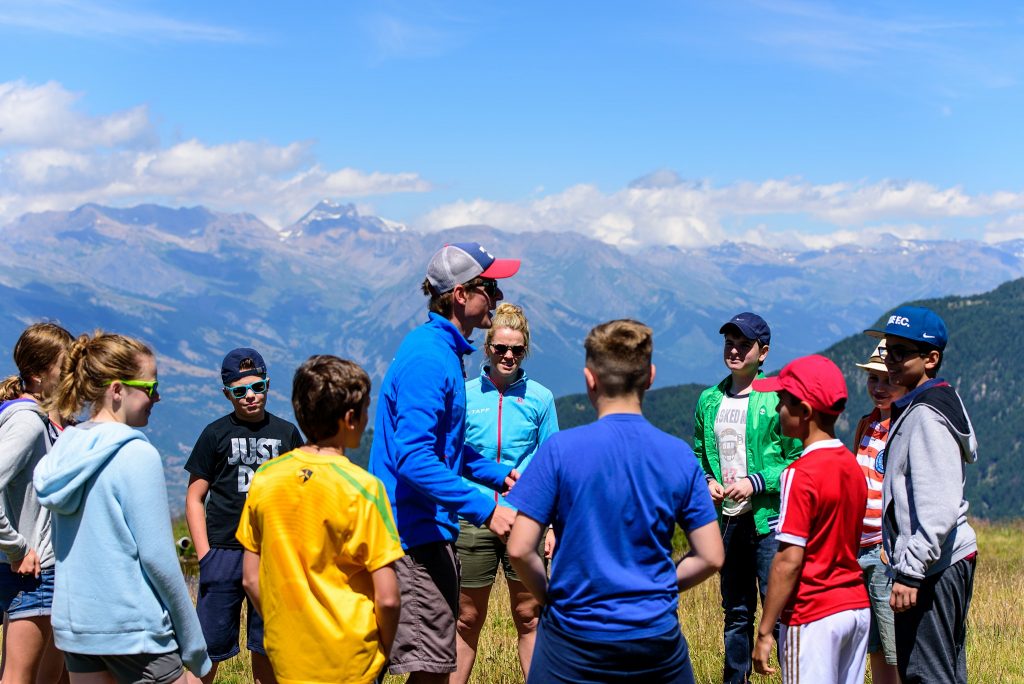
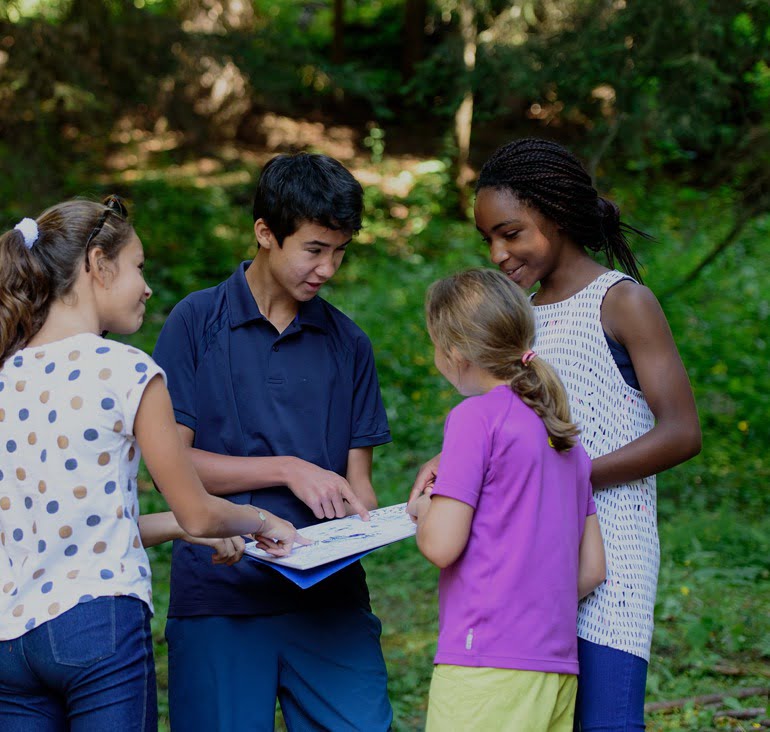
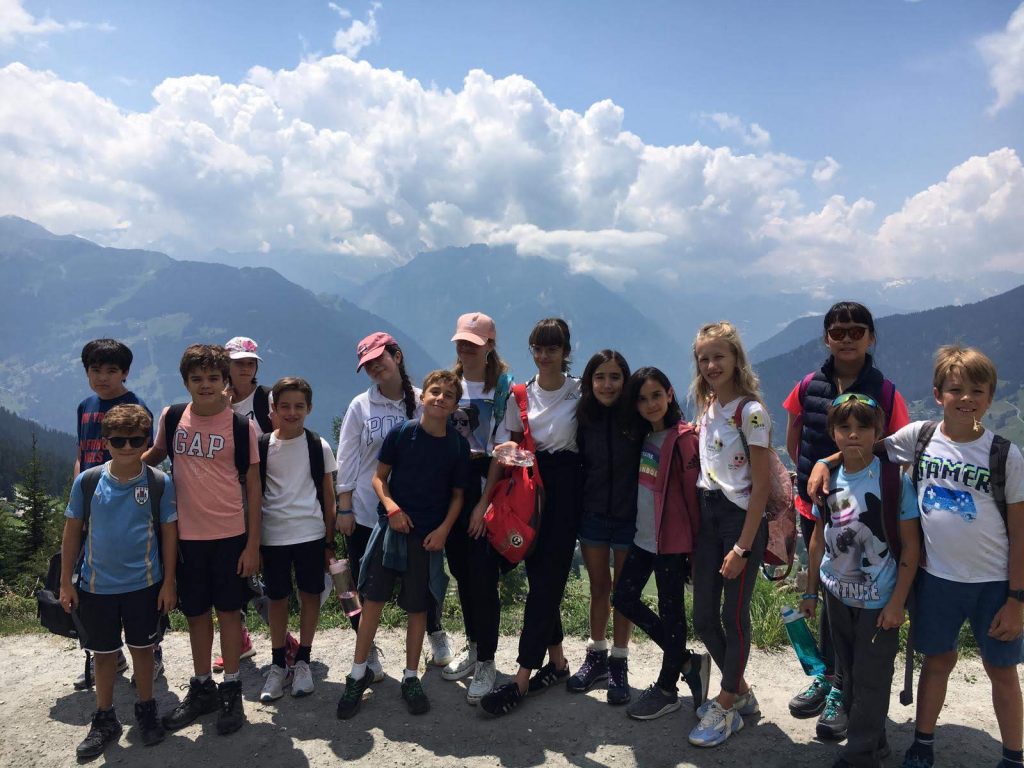
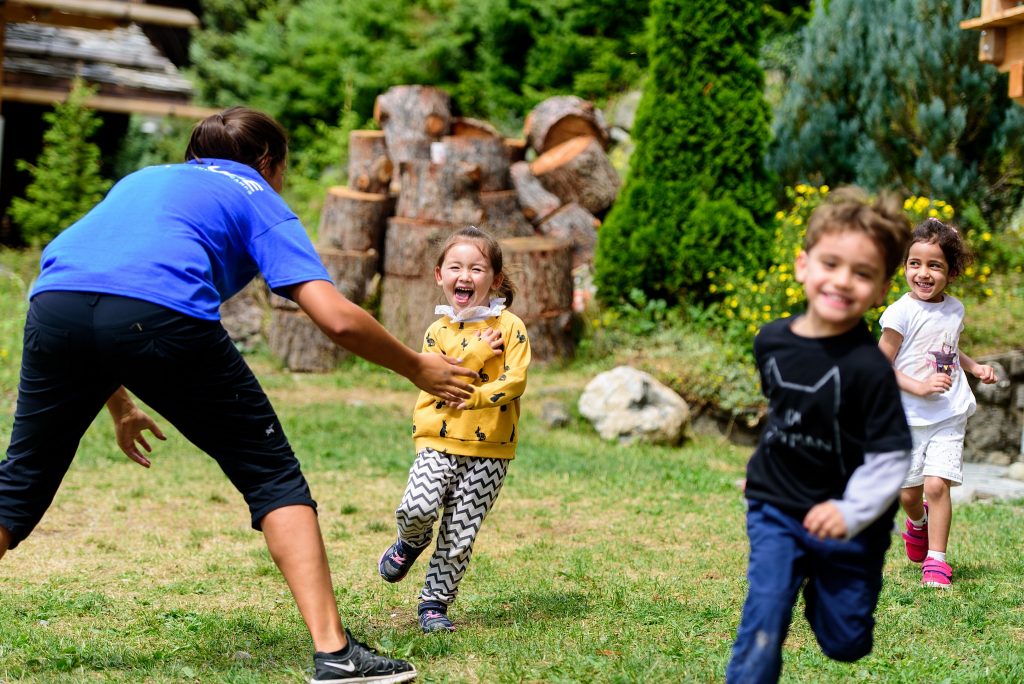
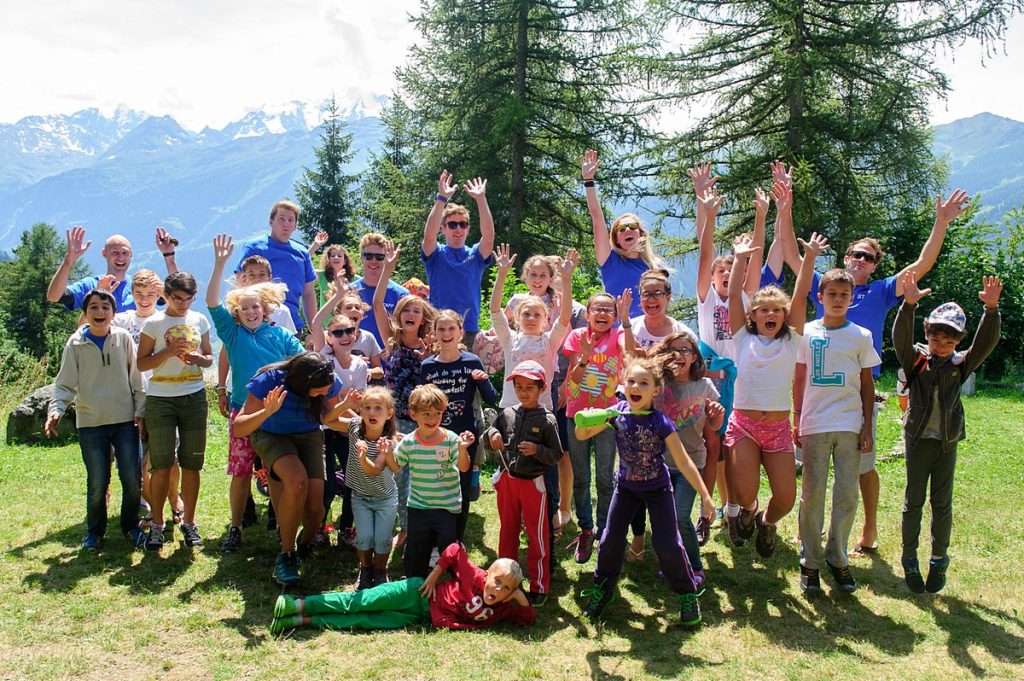
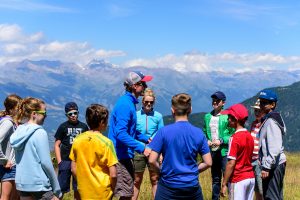
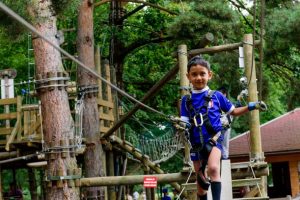
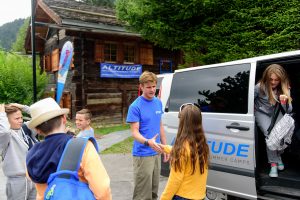
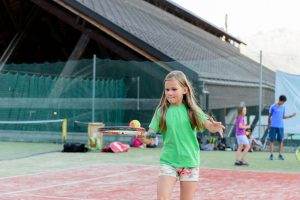
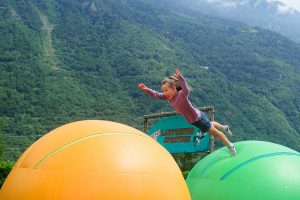
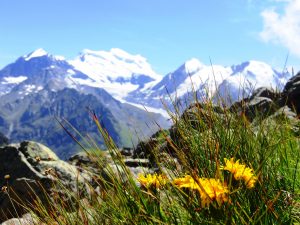
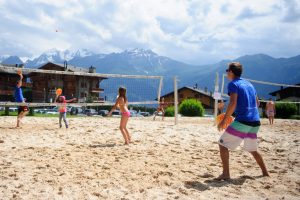
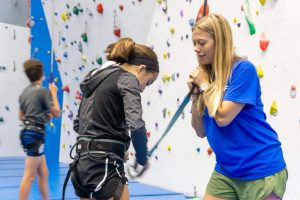
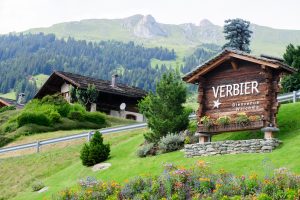
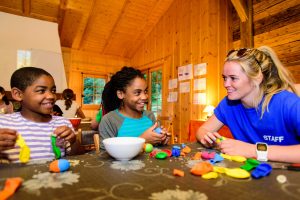
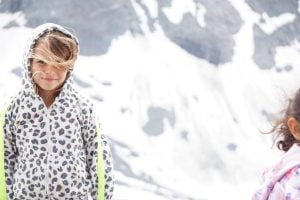
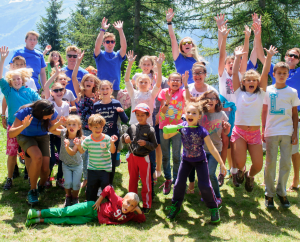
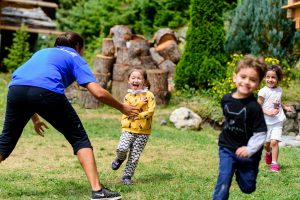 What to look for:
What to look for: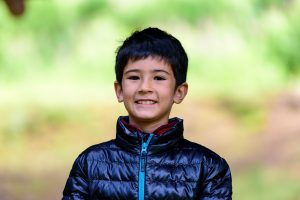 Here are a few questions you can ask your camper to get the conversation flowing and learn a bit more about their camp experiences.
Here are a few questions you can ask your camper to get the conversation flowing and learn a bit more about their camp experiences.
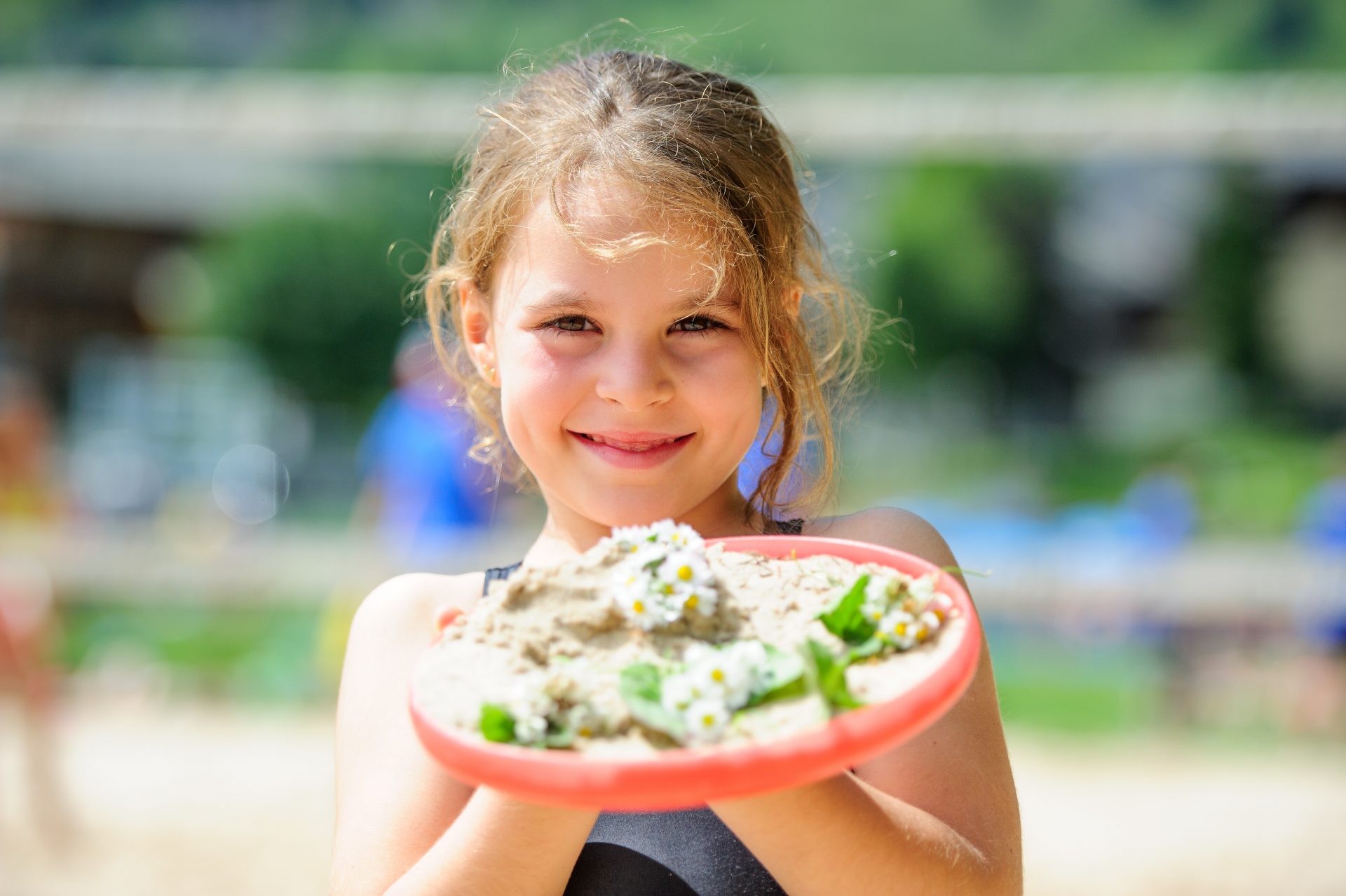
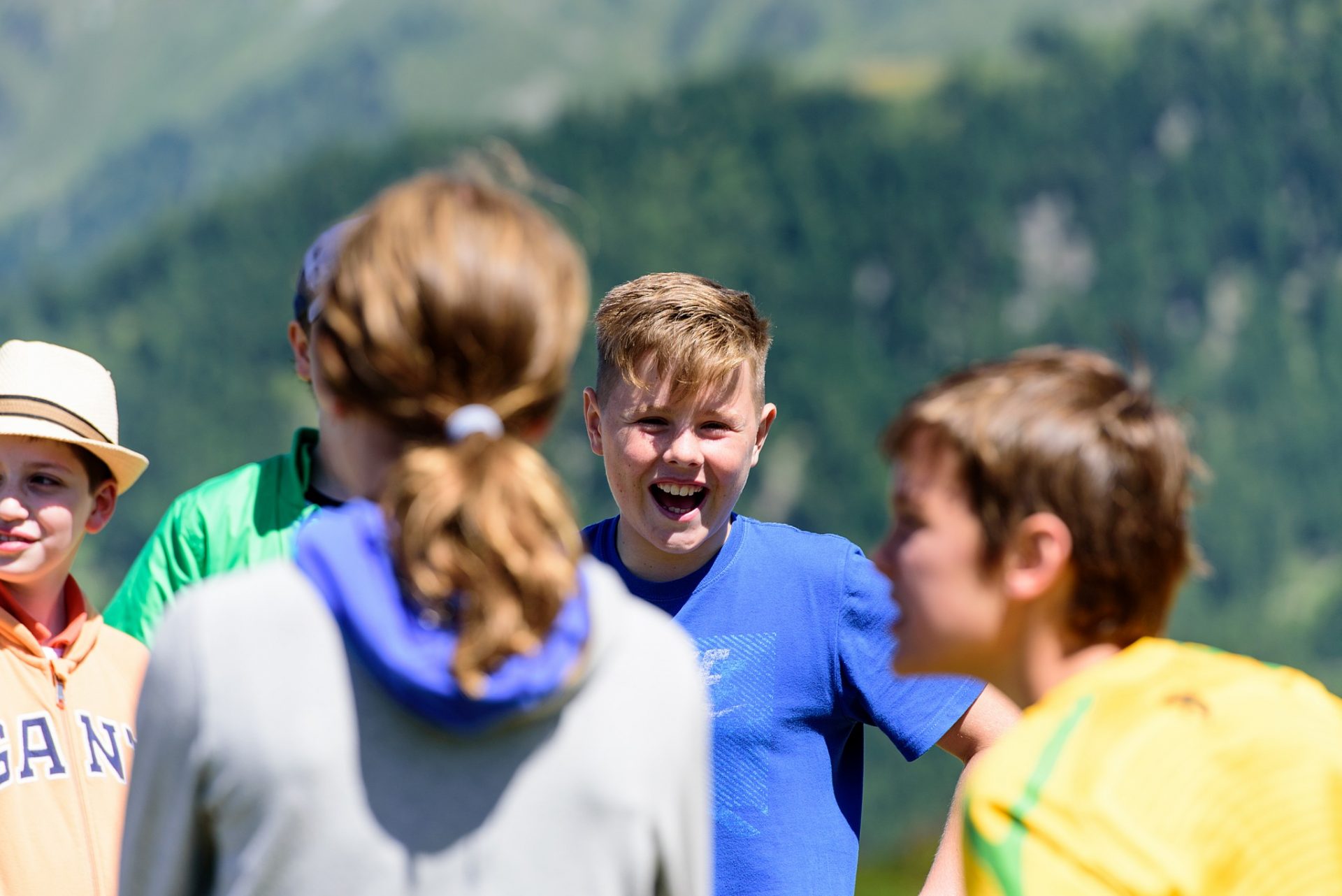
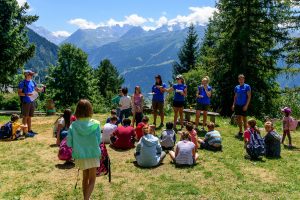 Packing for Camp
This list is an accurate reflection of what the “average” camper needs and uses during a 2 week Altitude Summer Camp; however, we realise that it may not be perfect for all campers. If a child is participating in the mountain adventure camp it may be worth investing in some good hiking shoes. Please remember to apply name tags to clothing.
Packing for Camp
This list is an accurate reflection of what the “average” camper needs and uses during a 2 week Altitude Summer Camp; however, we realise that it may not be perfect for all campers. If a child is participating in the mountain adventure camp it may be worth investing in some good hiking shoes. Please remember to apply name tags to clothing.
